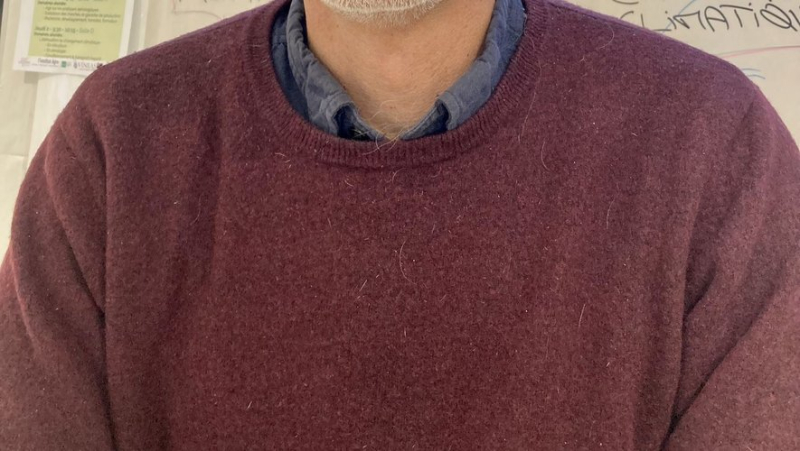“One of the effects of climate change”: why Hérault strawberries are already on our tables


Jean-Marc Touzard, chercheur à l'Inrae MIDI LIBRE
Jean-Marc Touzard, research director, innovation economist at Inrae in Montpellier, is a specialist in agriculture. and links the early arrival of strawberries to climate change.
Is the precocity of harvests linked to climate change ?
Climate change has different impacts. One of the main ones concerns the phenology of plants, that is to say their stage of development. They bud earlier, as soon as winter ends. But all this depends on the crops, the varieties, where they come from… hellip; There are a multitude of criteria that come into play, such as dormancy, whether or not they need cold… There, we see that even fruits in greenhouses, which somewhat moderate the effects of climate change, are in advance. But beyond Mauguio strawberries, one of the first impacts of climate change is this precocity of the entire vegetative cycle. This concerns strawberries, but also vines, orchards, perennial plants…
One of the consequences is the risk of late frost observed in the region in 2021 and 2022…
Absolutely, one of the risks of this precocity is the exposure of plants to late frost. This is all the more paradoxical because if we observe a reduction in the number of days of frost, the risk of exposure to late frost is increasing.
Can we protect ourselves from this gel?
Yes, it all depends on the productions again. On the vine, this may be late pruning where the vegetative start is delayed. In a greenhouse, you can delay it by adjusting the temperature a little. We can make choices of varieties which will bud later. Then we have protection methods like candles, sprinkling… hellip; many known techniques.
We know that farmers are the first witnesses of climate change…
Across the Occitanie region, professional actors and those who support them such as the chambers of agriculture have really become aware of the challenge of adapting to climate change. And everyone knows that there is no miracle solution. For example, irrigation is a response to a particular problem. It is necessary to implement global strategies, adapted to each production and each territory. We know that by 2050, climate change will accelerate and the Mediterranean character of the climate will become more pronounced. However, we remain in an area where solutions exist. Until then, we will not be safe from major risks such as major floods, intense heat waves, huge fires or prolonged droughts as we observe in the Pyrénées-Orientales… But the problem is after 2050 ? What will be the scenario ? Will we have stabilized things ? But it’s today this is happening.
I subscribe to read more




